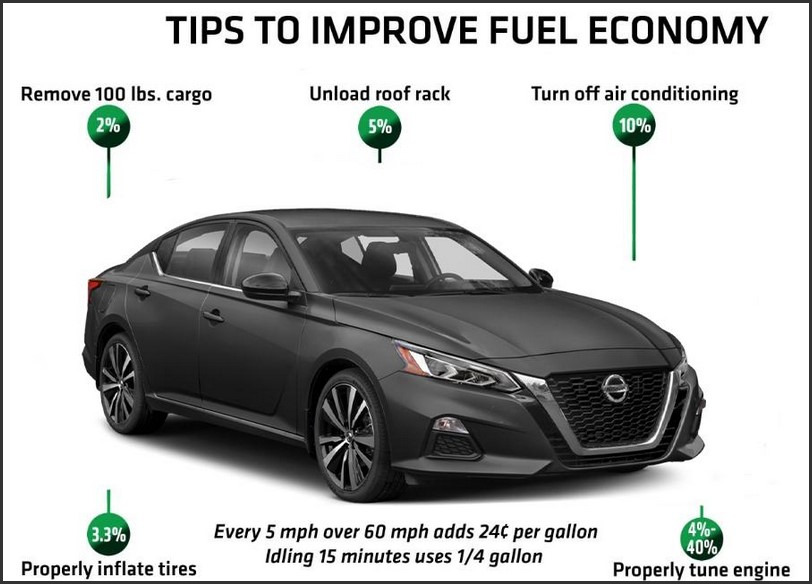
How to Improve Fuel Efficiency in 3.8-Liter Engines
Improving fuel efficiency in 3.8-liter engines is an important goal for many drivers. Fortunately, there are several steps that can be taken to increase the fuel efficiency of these engines.
First, it is important to ensure that the engine is properly tuned. This includes checking the spark plugs, air filter, and fuel filter. If any of these components are worn or dirty, they should be replaced. Additionally, the engine should be checked for any vacuum leaks, which can reduce fuel efficiency.
Second, it is important to ensure that the engine is running at the correct temperature. This can be done by checking the thermostat and replacing it if necessary. Additionally, the cooling system should be checked for any leaks or blockages.
Third, it is important to ensure that the engine is running at the correct air-fuel ratio. This can be done by checking the oxygen sensor and replacing it if necessary. Additionally, the fuel injectors should be checked for any blockages or leaks.
Finally, it is important to ensure that the engine is running at the correct speed. This can be done by checking the timing belt and replacing it if necessary. Additionally, the engine should be checked for any worn or damaged components.
By following these steps, drivers can improve the fuel efficiency of their 3.8-liter engines. Doing so can help to reduce fuel costs and improve the overall performance of the vehicle.
Common Maintenance Tips for 3.8-Liter Engines to Enhance Performance
1. Ensure that the engine oil is changed regularly. The oil should be changed every 3,000 to 5,000 miles, depending on the type of oil used and the driving conditions.
2. Check the air filter regularly and replace it when necessary. A clogged air filter can reduce engine performance and fuel economy.
3. Check the spark plugs and replace them if necessary. Spark plugs should be replaced every 30,000 miles or so.
4. Check the fuel filter and replace it when necessary. A clogged fuel filter can reduce engine performance and fuel economy.
5. Check the coolant level and top it off when necessary. Low coolant levels can cause the engine to overheat and reduce performance.
6. Check the timing belt and replace it when necessary. A worn timing belt can cause the engine to misfire and reduce performance.
7. Check the exhaust system for leaks and repair them when necessary. Leaks in the exhaust system can reduce engine performance and fuel economy.
8. Check the ignition system for any problems and repair them when necessary. A faulty ignition system can cause the engine to misfire and reduce performance.
9. Check the fuel injectors and clean or replace them when necessary. Dirty or clogged fuel injectors can reduce engine performance and fuel economy.
10. Check the valve clearance and adjust it when necessary. Incorrect valve clearance can cause the engine to misfire and reduce performance.

